First Home Buyers Guide
Beyond the government & lender incentives, often it's help navigating the buying process that's most helpful.
Government First Home Buyer Schemes
We work on your eligibility and help with all of the forms.
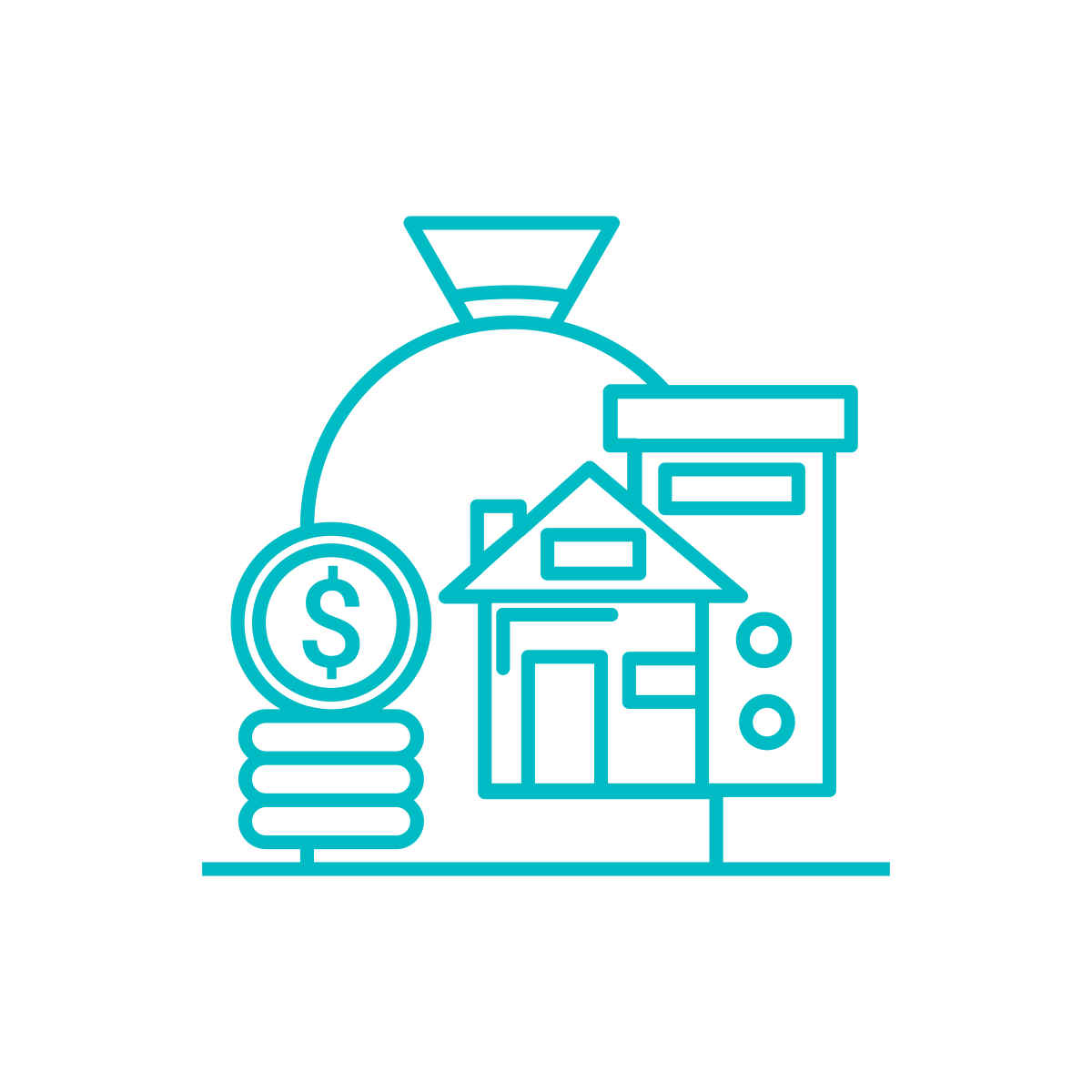
First Home Guarantee Scheme
Forerly known as the First Home Loan deposit scheme, you can buy with as little as a 5% deposit with no mortgage insurance, in turn boosting buying and borrowing power and saving 10s of thousands in LMI costs.
Speak to us about your eligibility and placement availability is a lender by lender circumstance or click here to find out more.

First Home Owners Grant
Building a new home or buying off the plan? You may be eligible for a $10,000 grant, or $20,000 if buying regionally.
Your first new home can be a house, townhouse, apartment, unit or similar.

Family Home Guarantee Scheme
Formerly known as the Single Parent Home Loan scheme, the Family Home Guarantee allows you to buy with a 2% deposit, eligible single parents with at least one dependent child in their primary care on the special goverment scheme .

First Home Buyer Stamp Duty Concession
First home buyers spending $600,000 in Victoria on their first owner-occupied home will be eligible for a stamp duty concession, with savings of $31,070 on a $600,000 purchase, proving savings all the way up to the $750,000 threshold.

HomesVic Shared Equity Initiative
an agreement in which the Victorian Government makes a financial contribution towards the purchase of your property (up to 25%) in exchange for a proportional interest (share) in your property.
Lender First Home Buyer Offers
We track the market for Lender first home buyer offers

$1 Lenders Mortgage Insurance
With some lenders not getting the benefit of participating in government incentives, a few are offering their version of the first home loan deposit scheme by way of a $1 LMI on loan to value ratios up to 85%.
Professional LMI Waiver
With some lenders offering select professions Lenders Mortgage Insurance waivers on Loan to Value ratios of upto 90%, speak to us about whether your profession and circumstances can see you avoid LMI .

Discounted Rates for First Home Buyers
Some lenders offer discounted rates for first home buyers, whilst typically the cheapest rate within that lender it may not be competitive, when compared back to the market especially with higher LVR loans.
For the current market leading rates, check out our Hot Offers
Guarantor Home Loans
Buying a house without a deposit
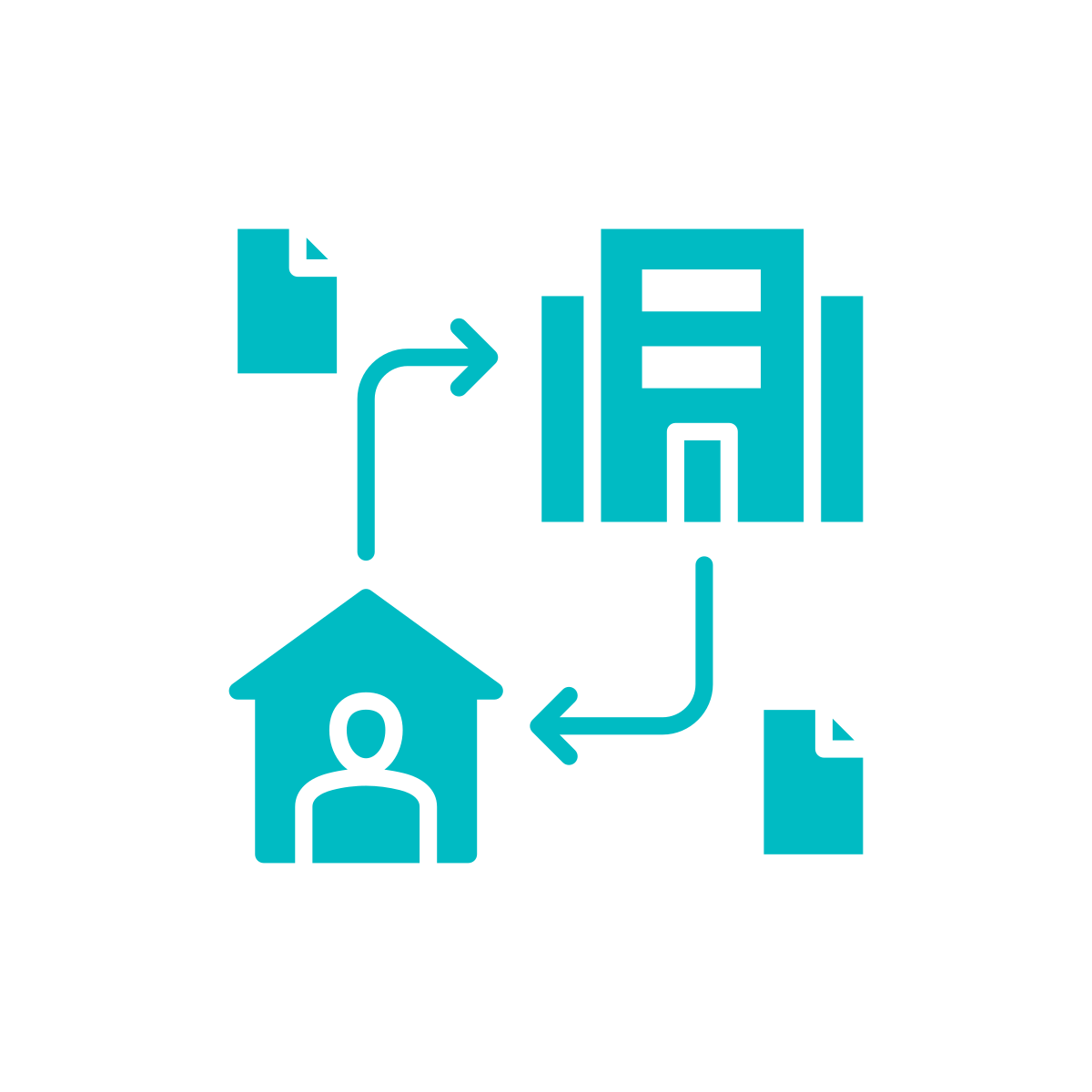
Who can be a Home Loan Guarantor
A Guarantor is typically a family member, mostly a parent or Grand Parent, who can help you secure a home loan by using their property as security for your home loan in place of the typical 20% deposit.

Why use a Guarantor Home Loan
There are significant benefits in using a Guarantor. Reducing LMI if not avoiding LMI entirely. And as a consequence of avoiding LMI generally saving on your home loan repayments through lower interest rates.
Home Loan Pre Appoval
Can I buy without Pre Approval
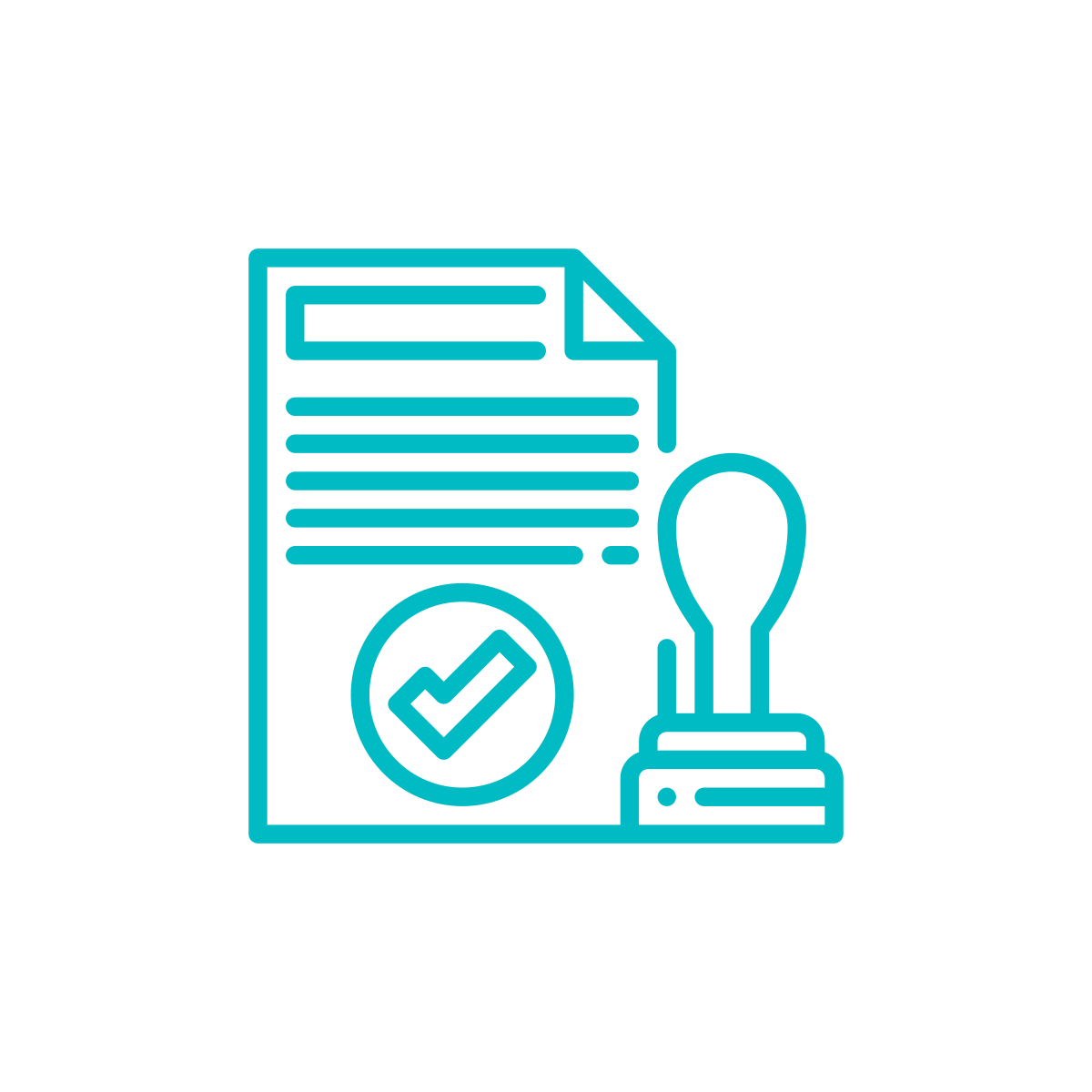
Do I need a Pre Approval?
No, not necessarily, but Pre Approvals do suit applicants with variable incomes in particular, especially if Self Employed. If you have a 20% deposit and are a PAYG/Salaried employee with a consistent employment history after speaking with a lender or Broker to assess servicability, you can likely buy with confidence.
Not all Pre Approvals are Equal
Because lenders know that Pre Approvals convert to loans less than 50% of the time, they treat them with a lower emphasis. As a result some Pre Approvals are calculated on the numerical input only. Particularly problematic for self employed, or variable incomes including overtive or bonuses.
Making an Offer
Private Sale vs Pre Auction offers & Conditional offers
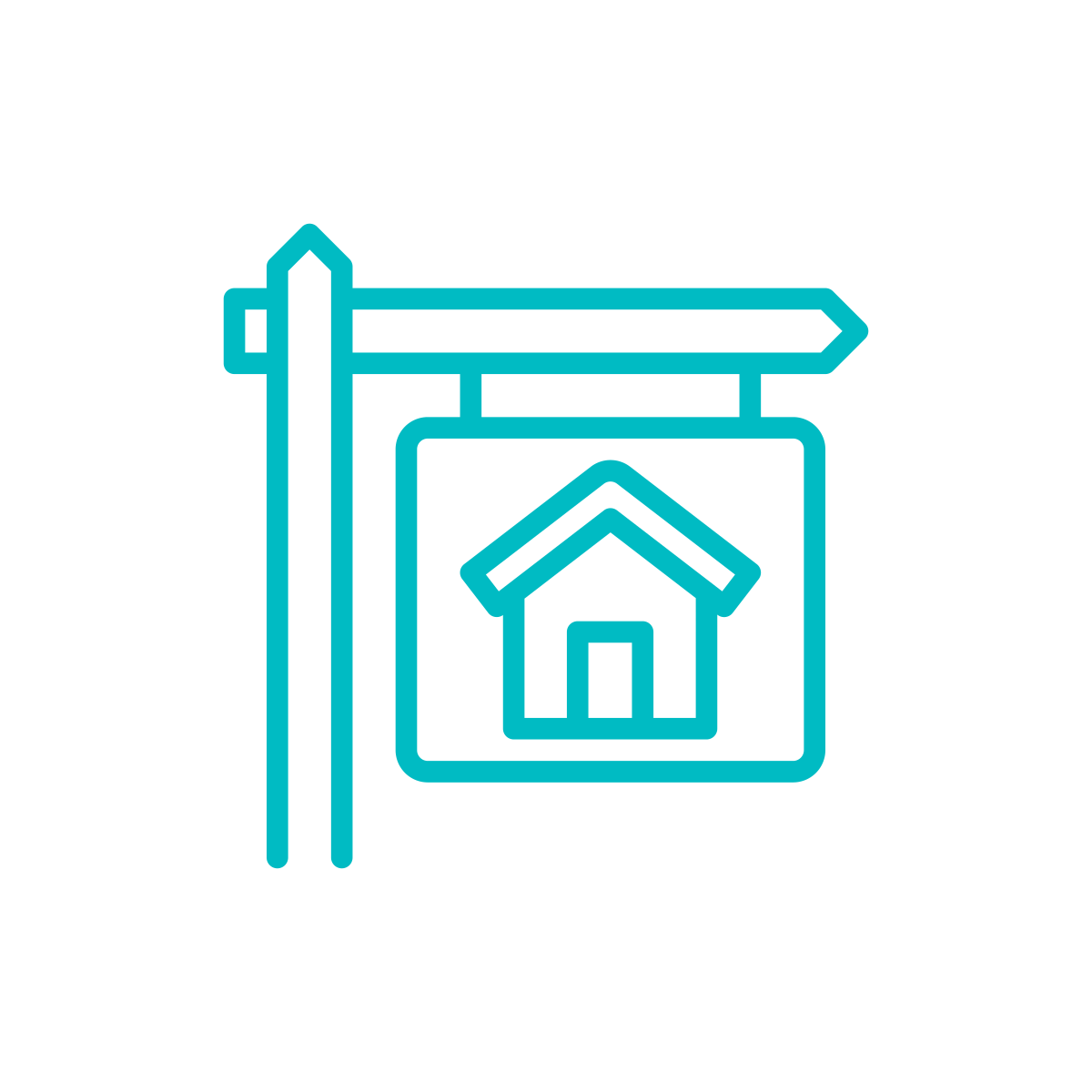
Properties sold as private sale
Properties sold via Private Sale will vary more depending on the market circumstances. A Hot market will require an aggressive approach as agents create dutch auctions. Where as a Cold market could see substantial savings with a patient approach, if you are willing to risk losing the prperty altogether.

Properties going to Auction
A property for Sale via Auction will typically follow a standard 4 week timeline. Consequently conditional offers are not likely to be considered. Hoewever with the Agent focussed on getting multiple bidders to Auction there are civrcumstances where an early offer may make sense.
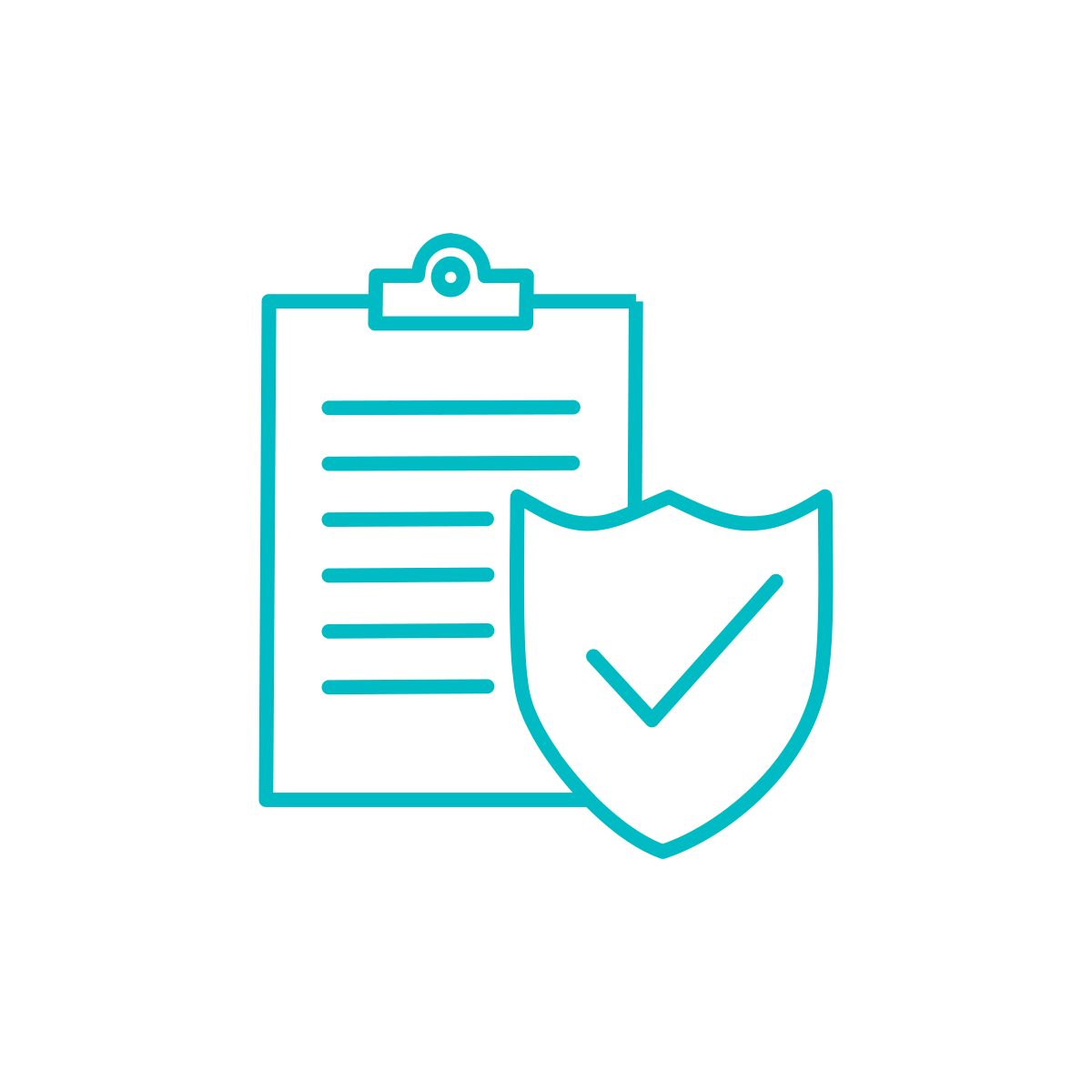
Subject to Finance
A subject to finance offer allows a buyer protection against their loan not being approved, most crucially due to a Valuation shortfall. Any Pre approval will still be dependent on a valuation, where a shortfall could easily lead to the home loan being rejected. This is particularly pertinent for buyers with high LVRs/low deposits. As a result Sellers and Real Estate Agents will prioritise an unconditional offer to avoid a potential offer falling through.

Subject to Building Inspection
An offer subject to a building and pest inspection whilst protecting the buyer to an extent is less likely in a buyer being able to cancel a sale due to the outcome of the building inspection. More likely it will lead to a negotiation based on the issues highlighted in the building inspection.
What is a Buyers Advocate
Buyers Advocate Fee and should I use one?

What is a Buyers Advocate/Agent
A Buyers Advocate is a licensed Real Estate Agent who operates on your behalf. Whilst there will be varying levels of service, most Buyers will us an Advocate/Agent to provide a shortlist of properties based on the buyer criteria, and negotiate and bid on the Buyer's behalf.

Should I use a Buyers Advocate
Few people that use a Buyers Advocate speak negatively of the experience. In Particular buyers that are time poor or may not understand the area well stand to benefit. Crucially though is having the surplus deposit funds to avoid the Buyers Advocate cost pushing you into additional Lenders Mortgage Insurance costs.
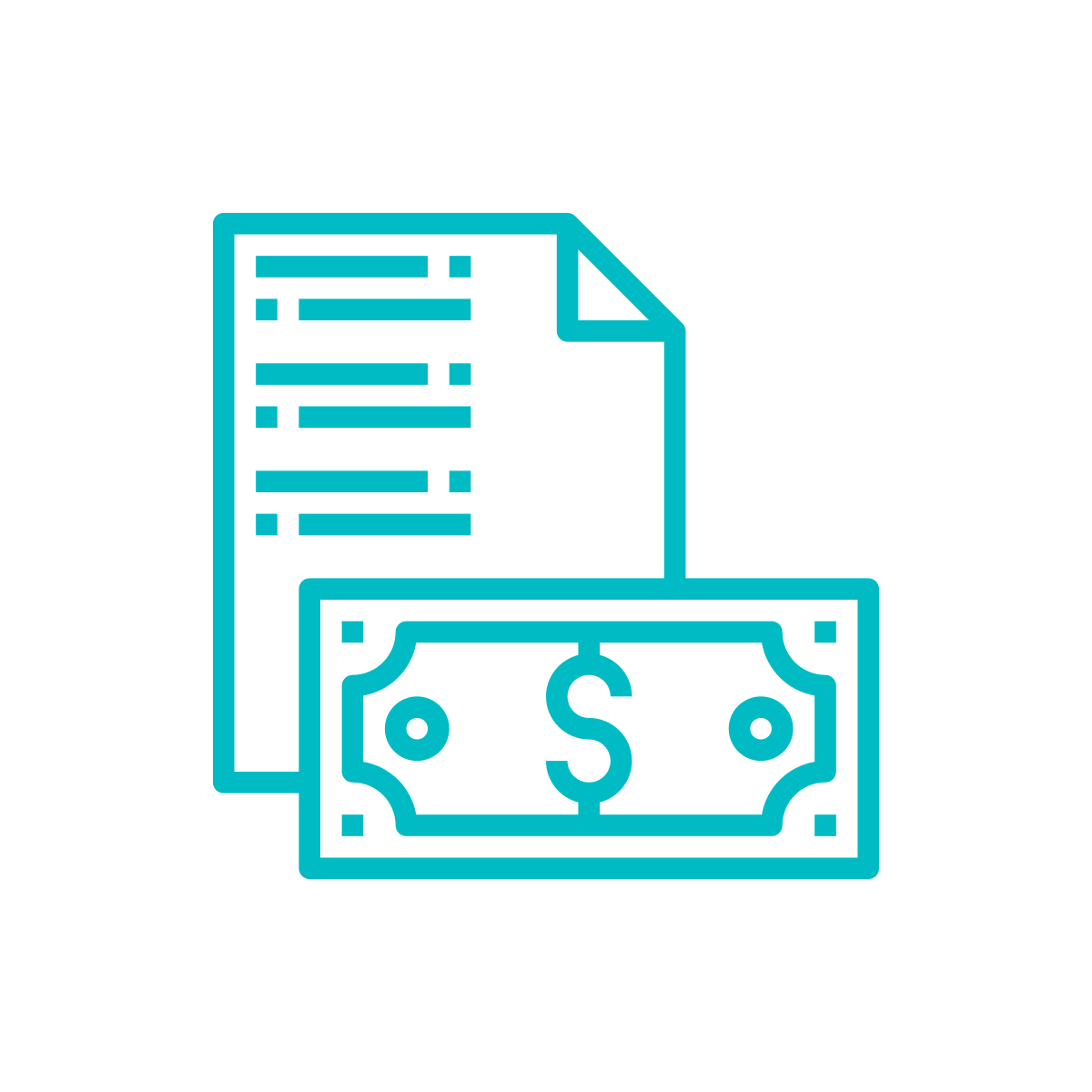
Buyers Advocate Fee
Typically there will be an engagement fee of between $1,000 to $2,000. The Buyers Advocate fee on completing a purchase is typically a percentage of the purchase price between 0.5% and 2% or a flat fee of typically around $8,000 to $20,000. The lager fee is typically as part of the purchase settlement.
What is Lenders Mortgage Insurance
How much is it? And can I avoid it?

What is Lenders Mortgage Insurance?
Lenders Mortgage Insurance (LMI) is insurance that lenders take out to protect themselves in the event a buyer defaults on their loan. Crucially LMI does not protect the buyer and is a one off, non refundable fee. .
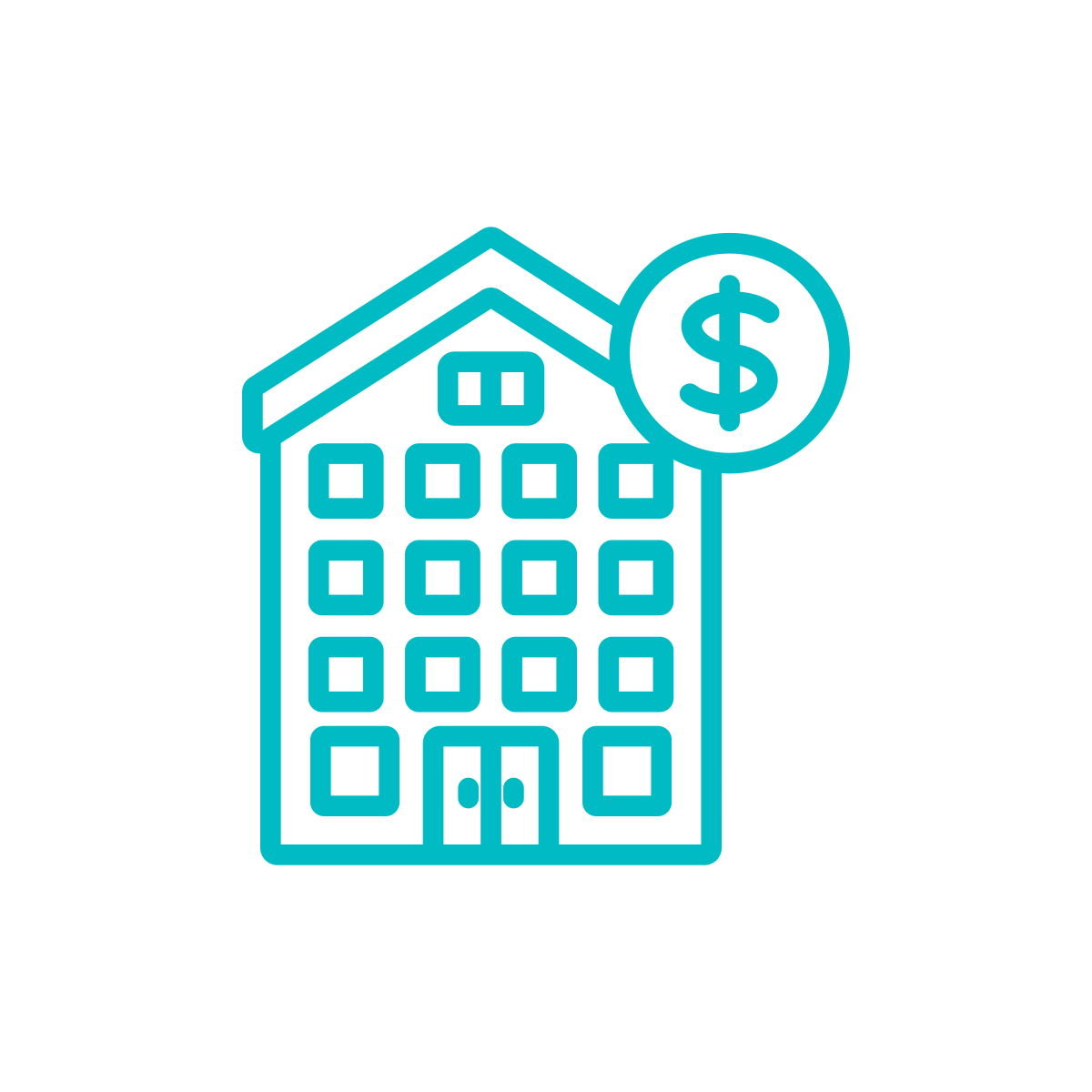
How much is Lenders Mortgage Insurance?
Lenders Mortgage Insurance is calulated based on loan size and Loan to Value Ratio (LVR). The higher the LVR and loan size the higher the LMI. A $1m purchase being as low as $6k but would top out at $38k in LMI deviating by lender.
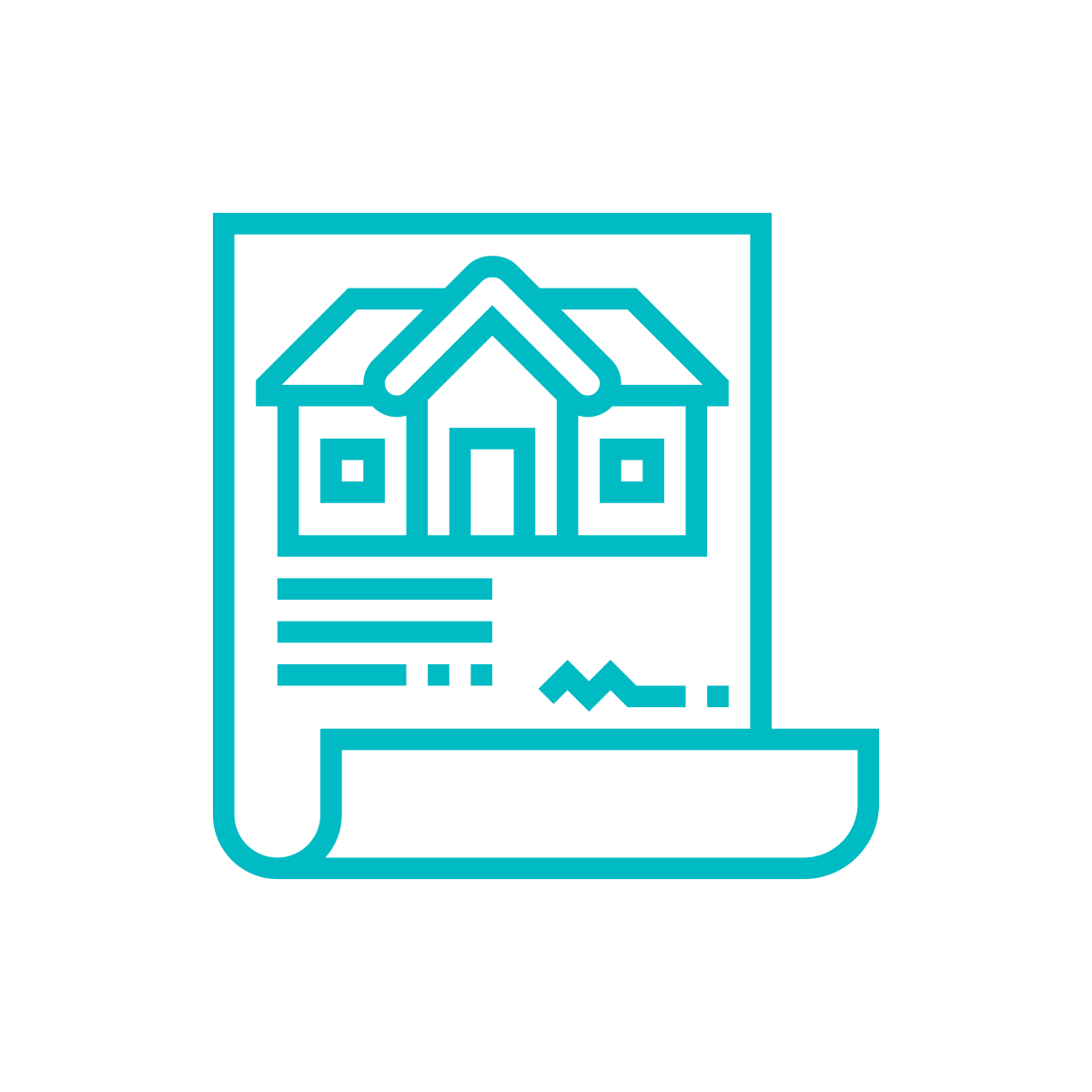
Can I avoid Lenders Mortgage Insurance?
There are 4 ways to avoid Lenders Mortgage Insurance.
1) One of the many Government first home buyers schemes.
2) A $1 LMI offer albeit limited to 85% LVRs typically.
3) A Professional LMI waiver, typically a mediacl profession, lawyer or finance.
4) A Guarantor loan.
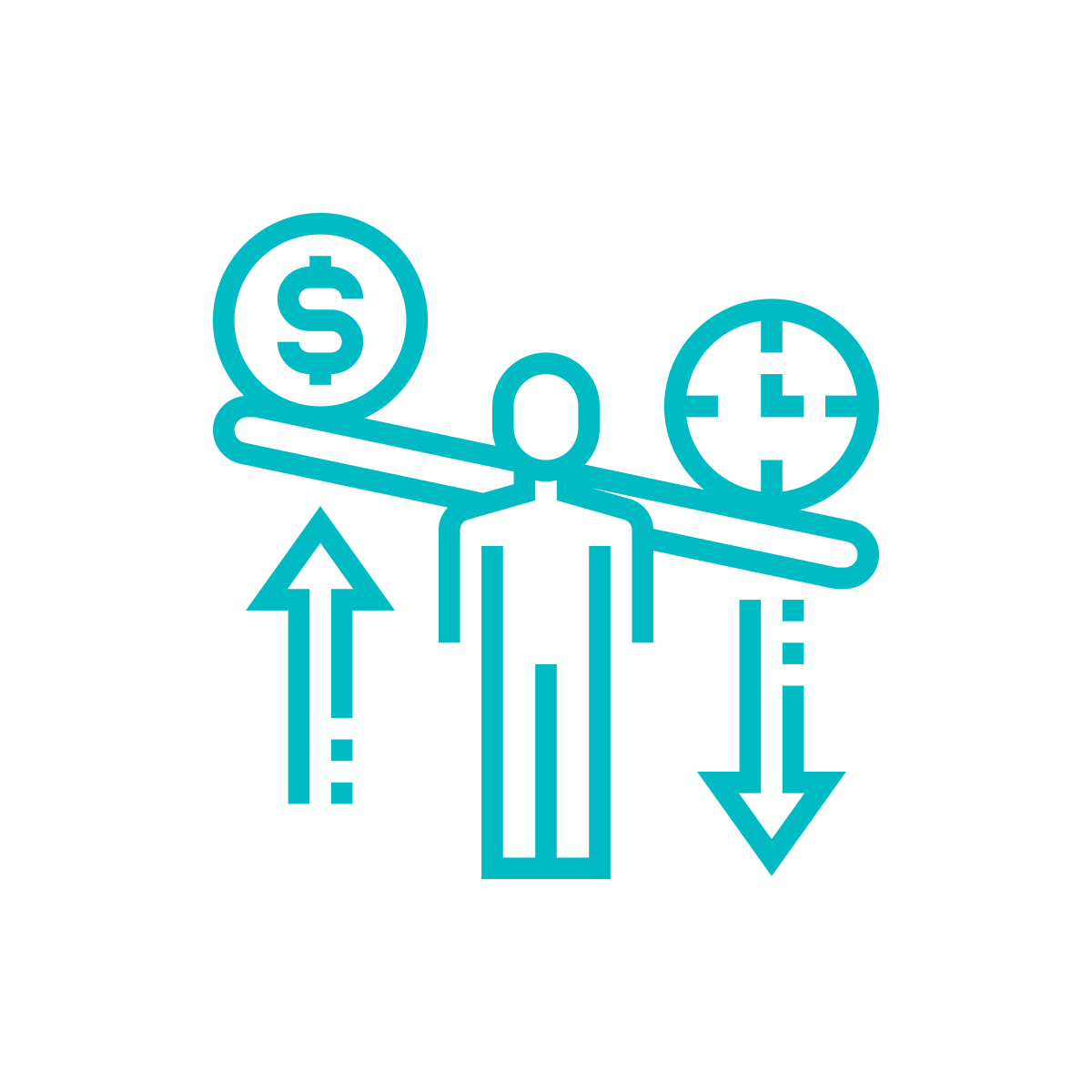
Wait to save up a deposit or pay Lenders Mortgage Insurance (LMI)?
Often one of the most common questions from first home buyers, Paying LMI makes the most sense during fast growing real estate markets where your savings may not keep up with house price growth. Particularly beneficial where if you expect to keep the proerpty for an extended period of time. LMI on shorter term purchases is particularly problematic given the non refundable nature.
What does a Conveyancer do?
What do they do and what are typical Conveyancer fees?

What does a Conveyancer do?
A Conveyancer hadnles the legal end of your purchase,communicating with the Conveyancer for the Seller.A Conveyancer is the most important person in interpretting the Contaact of Sale and the implications for you. But will also determine the final costs for the purchase, and be the party to execute the sale.
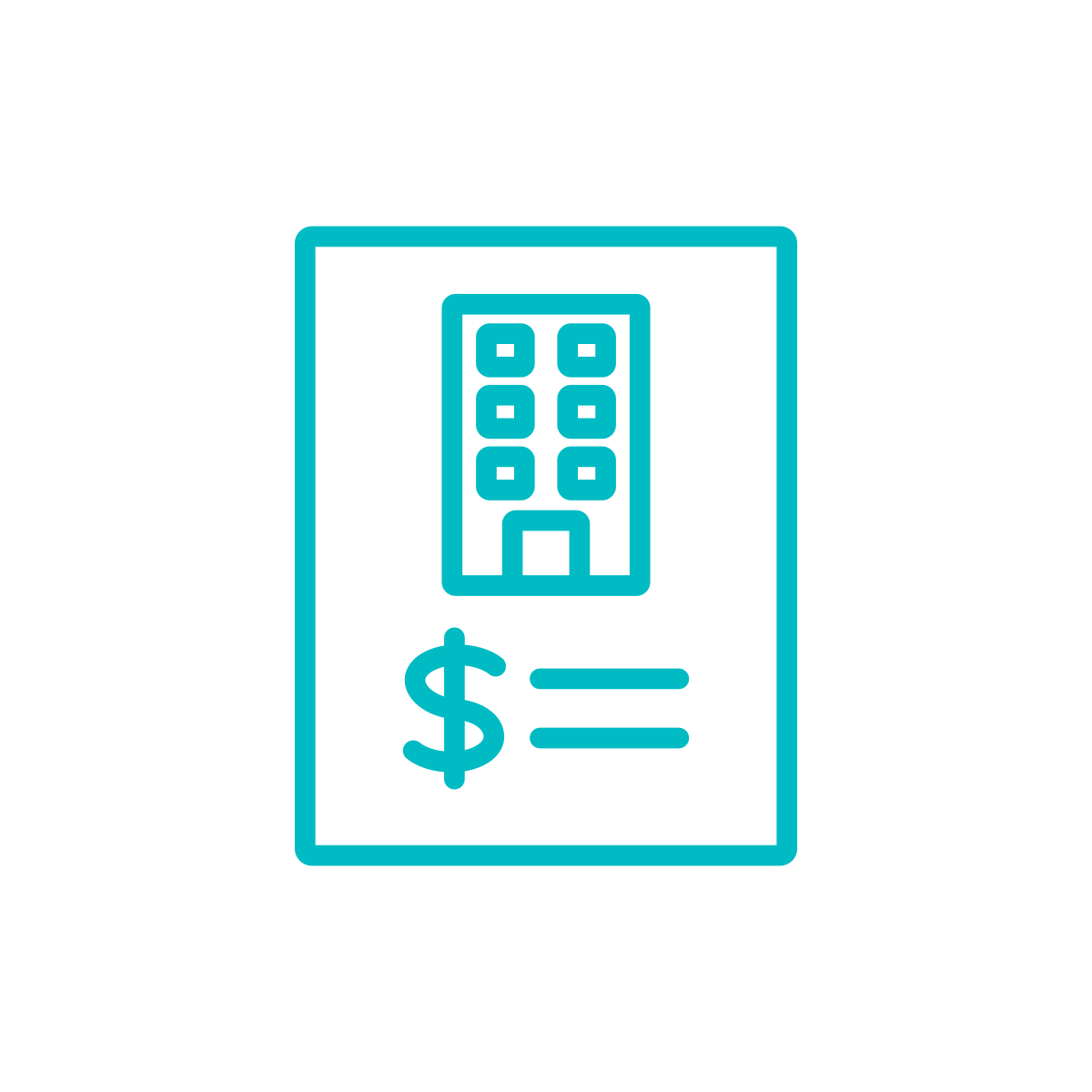
How much are Conveyancer fees?
Most Conveyancers will charge a flat fee of between $850 and $2,000. Costs may vary slightly based on the amount of administrative costs and if there are delays in settlement
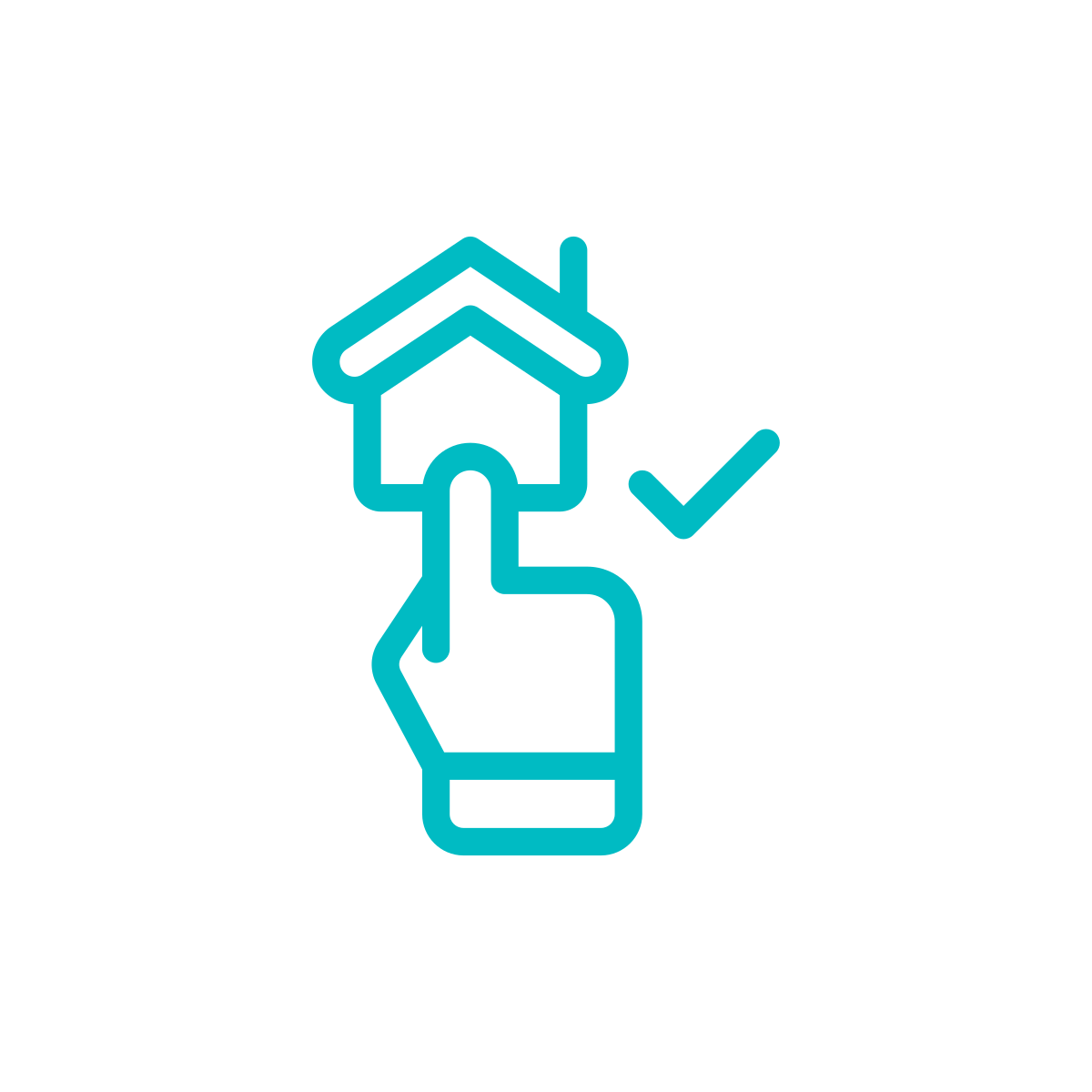
Do I need a Conveyancer before buying?
Whilst not needing a Conveyancer before buying a property there are benefits to choosing a Conveyancer before you buy. Conveyancers will typically provide pre purchase support, particularly useful for assessing the Contract of Sale for risks in the property, especially in apartments or townhouses.
